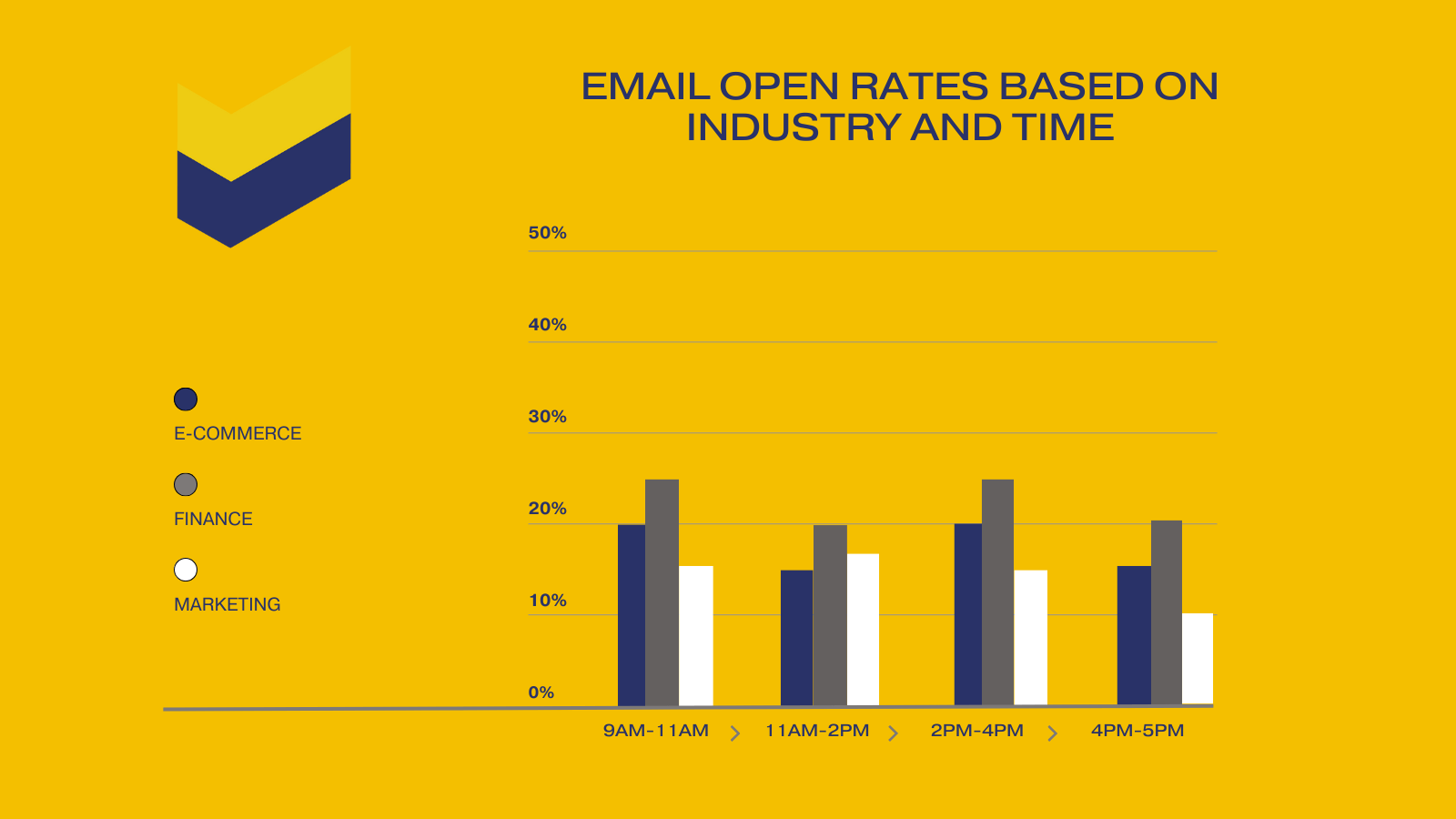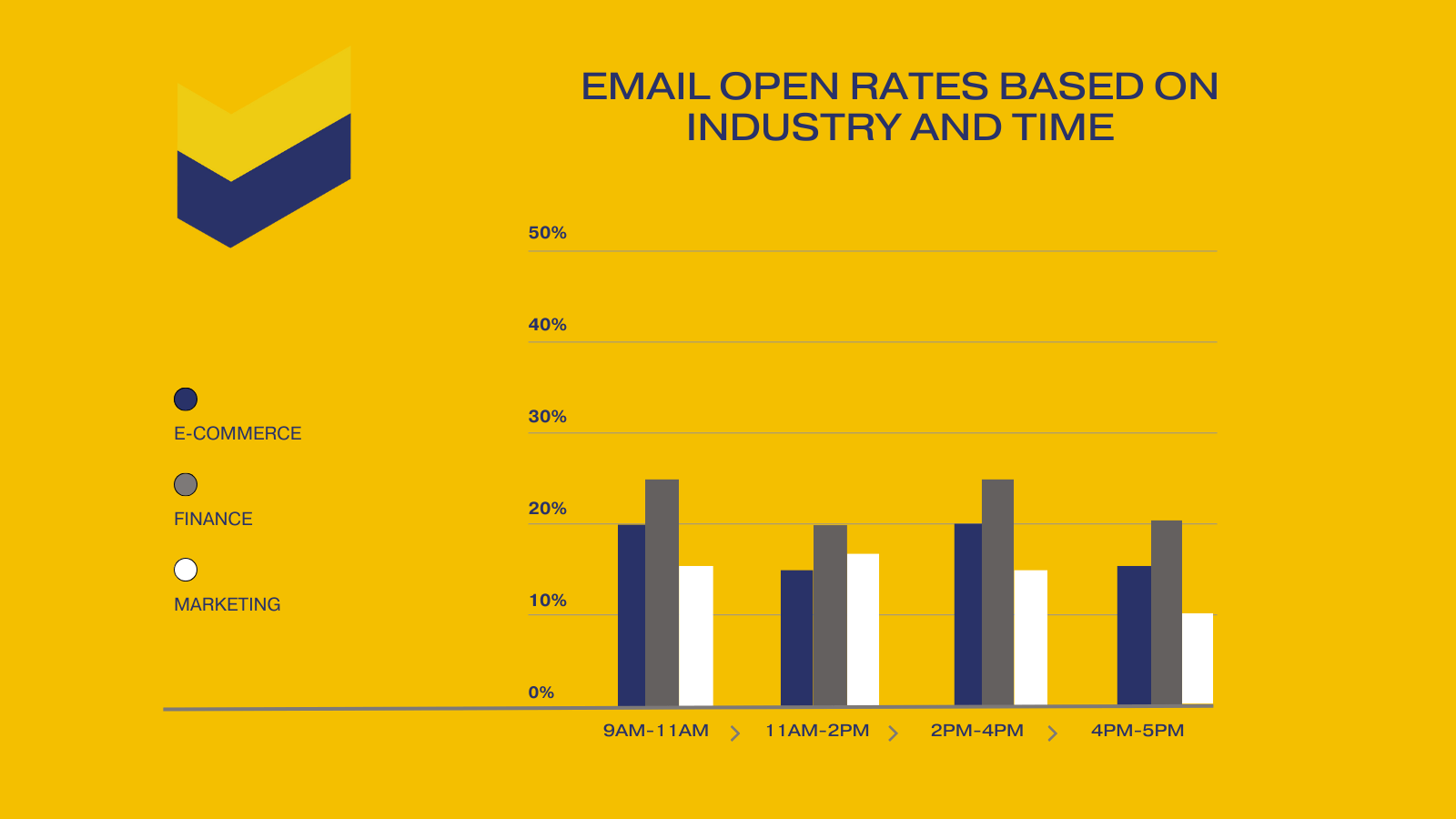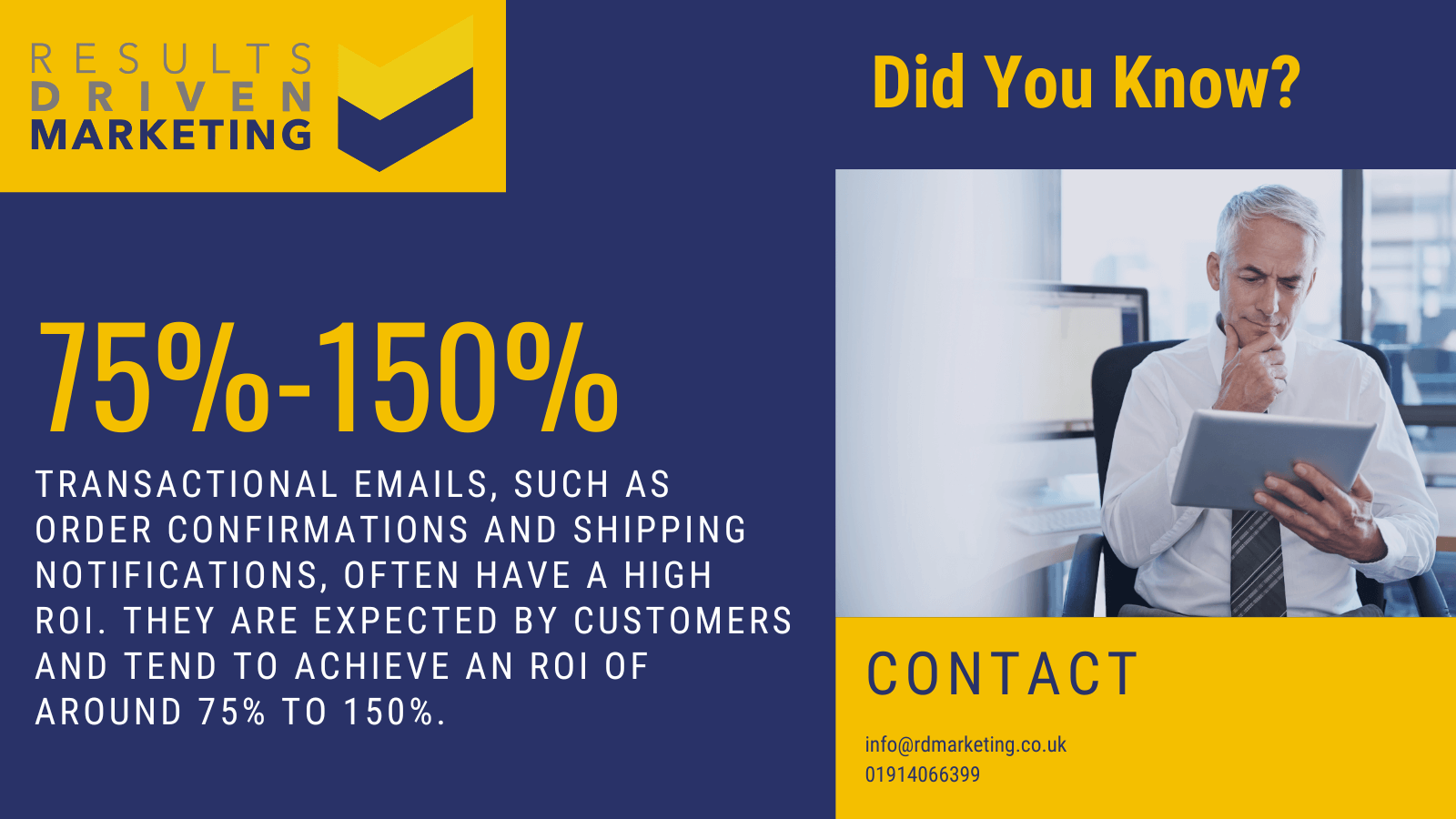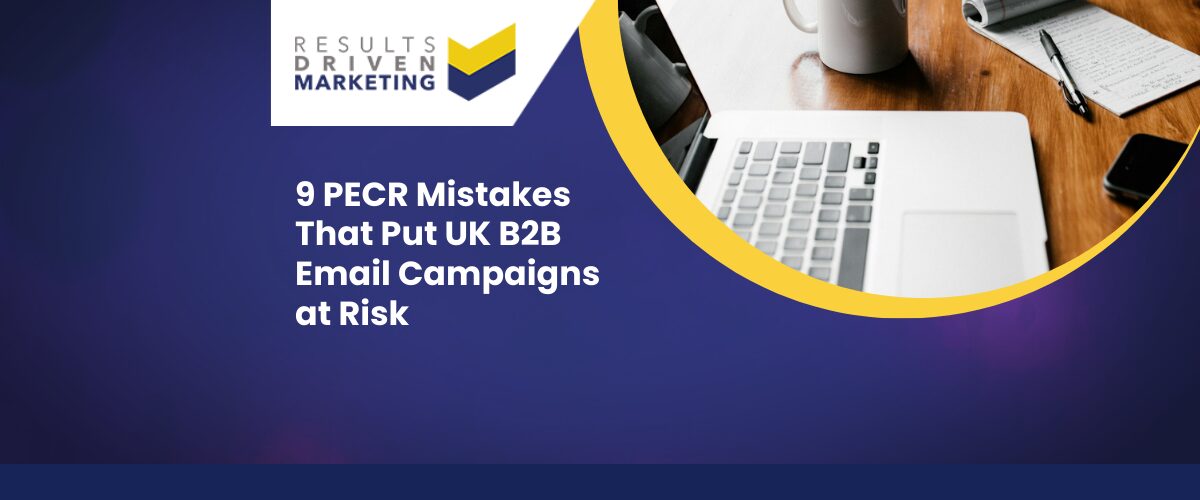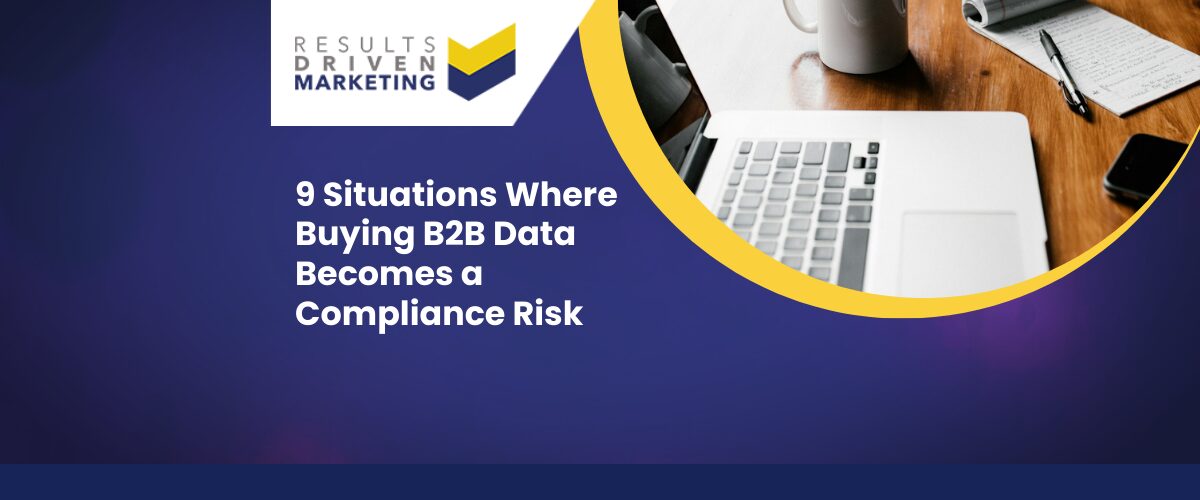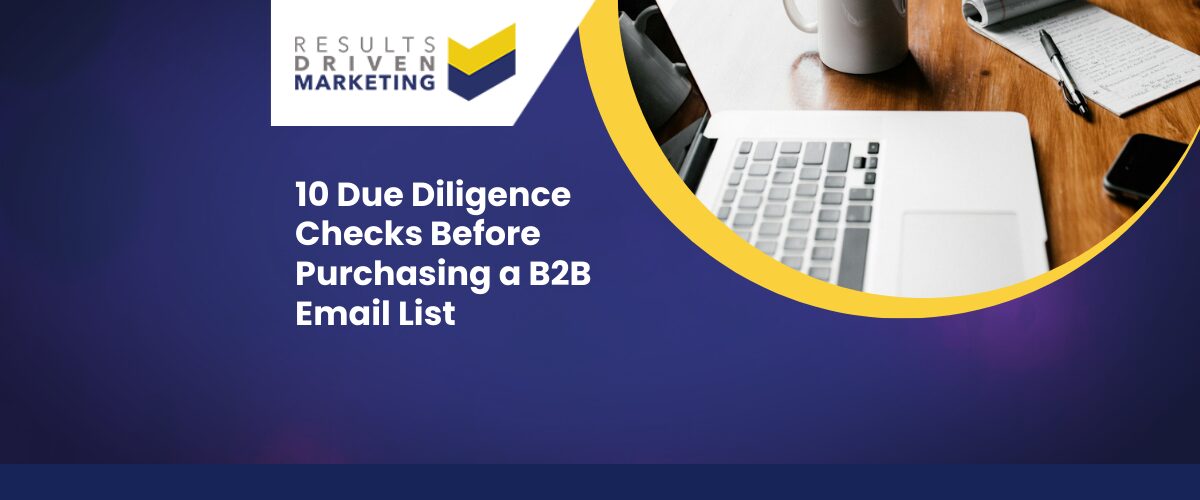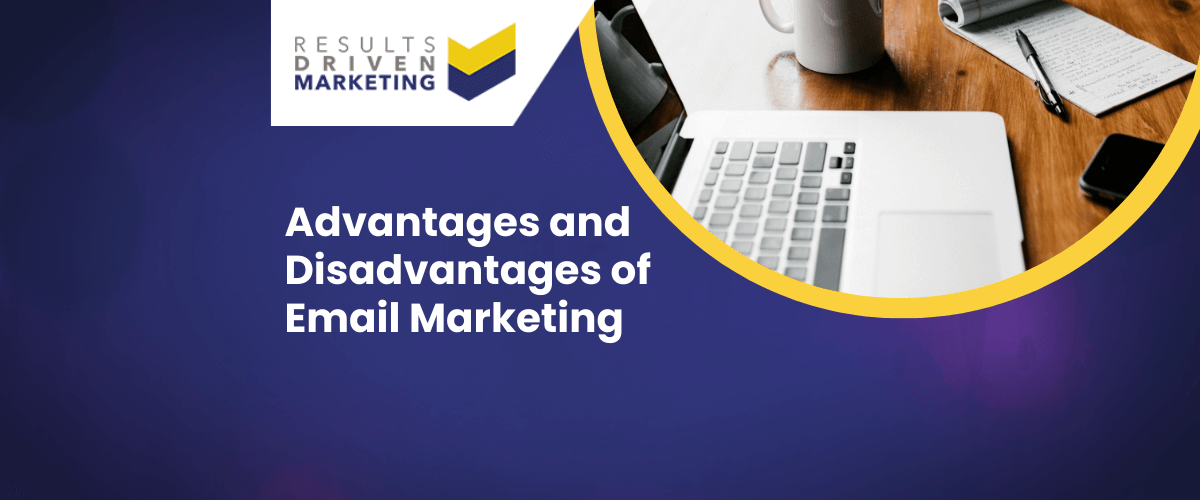
Advantages and Disadvantages of Email Marketing
Understanding the advantages and disadvantages of email marketing is crucial for businesses aiming to reach their target audience effectively.
Email marketing, a powerful tool in the toolkit of digital marketers, offers a unique blend of benefits that can drive sales, foster customer loyalty, and enhance brand visibility.
However, like any marketing strategy, it comes with its own set of challenges and potential pitfalls. This article delves deep into the pros and cons of this popular marketing channel, providing insights to help businesses make informed decisions about their email marketing campaigns. Whether you’re a seasoned marketer or a business owner just starting out, this comprehensive guide will shed light on the multifaceted world of email marketing.
Table of contents:
Now, let’s delve a bit deeper:
Historical Glimpse: The dawn of email marketing can be attributed to 1978 when Gary Thuerk, a marketing manager, sent the first mass email promoting DEC machines. This bold move, considered audacious at the time, set the stage for what would become one of the most potent tools in a marketer’s arsenal. Over the decades, as technology advanced and consumer behaviours shifted, email marketing adapted, innovated, and grew. From plain text emails in the early days to today’s visually appealing, interactive, and personalised campaigns, the transformation has been profound.
Today’s Digital Age Significance: In the current digital era, the advantages and disadvantages of email marketing are frequently debated. Yet, its significance is undeniable. With billions of email users worldwide, the potential reach is staggering. The pros and cons of email marketing are often weighed by businesses, but the advantages often overshadow the disadvantages. It offers a direct line to potential customers, allowing for personalised communication, immediate feedback, and high ROI. Moreover, the ability to segment audiences, track campaign performance, and optimise in real-time makes email marketing a formidable tool in the digital marketer’s toolkit.
In essence, while the landscape of digital marketing continues to expand and diversify, email marketing remains a cornerstone. Its adaptability, cost-effectiveness, and direct approach make it a favourite among marketers. As we delve deeper into this article, we’ll explore the various facets, the pros and cons, and the undeniable impact of email marketing in today’s business world.
The Advantages and Disadvantages of Email Marketing
What are the advantages of email marketing?
Ah, the age-old question about the advantages of email marketing. Well, not exactly age-old, but certainly a topic that’s been on the minds of many a marketer for quite some time. When we talk about the pros and cons of email marketing, it’s hard not to get a little excited about the numerous benefits it brings to the table. So, without further ado, let’s dive into the myriad of advantages that email marketing offers:
Cost-Effectiveness and High ROI
One of the most compelling advantages of email marketing is its cost-effectiveness. With minimal investment, businesses can reach a vast audience, making the return on investment (ROI) quite impressive. When you compare it to other marketing channels, the cost per acquisition often tends to be lower, making it a favourite among budget-conscious marketers.
Reaching Millions in a Jiffy
Think about it. With just a click, your message can land in the inboxes of millions, almost instantaneously. The ability to reach such a vast audience so quickly is, frankly, unparalleled. It’s like having a conversation with the world, all at once.
Personalisation and Segmentation at Its Best
One of the standout advantages of email marketing is the ability to personalize content. Gone are the days of generic messages. Now, with advanced segmentation capabilities, you can tailor your emails to specific audience groups, ensuring relevance and increasing engagement.
Automation, The Silent Worker
The automation-friendly nature of email marketing is a boon. From welcome sequences to cart abandonment reminders, automation ensures timely and relevant communication without the constant manual intervention. It’s like having a diligent worker who never sleeps.
Track, Measure, Optimise
The ability to track and measure campaign performance is invaluable. With detailed analytics, marketers can gain insights into open rates, click-through rates, and conversions. This approach allows for continuous optimisation, ensuring that campaigns are always at their peak performance.
A Boost in Web Traffic and Lead Generation
An often-overlooked advantage of email marketing is the boost it provides to web traffic. By including compelling calls to action and links to relevant content, emails can drive significant traffic to websites, leading to increased lead generation and conversions.
The Wide Reach
Last but certainly not least, email marketing offers a wide audience reach. With billions of email users worldwide, the potential to reach a global audience is immense. Whether you’re a local business looking to expand or a multinational corporation, email marketing provides the platform to communicate on a global scale.
In wrapping up this section, it’s clear to see that the advantages of email marketing are numerous. From cost savings to global reach, it’s a tool that offers unparalleled benefits. As we continue to delve deeper into the world of email marketing advantages, we’ll also explore the disadvantages, ensuring a balanced view of this powerful marketing channel.
What are the disadvantages of email marketing?
Now, as much as we’ve sung the praises of email marketing and its myriad of advantages, it’s only fair to shed some light on the other side of the coin.
Yes, we’re talking about the email marketing disadvantages. Like any tool or strategy, email advertising isn’t without its challenges.
So, let’s take a moment, shall we, to delve into some of the potential pitfalls and hurdles that marketers might face in the realm of email campaigns:
The Dreaded Spam Folder
Ah, the bane of many an email marketer’s existence. Despite your best intentions and carefully crafted content, there’s always that niggling risk that when you create emails that they are marked as spam. And once they land in that dreaded folder, the chances of your message being seen plummet drastically. It’s a delicate dance, ensuring your emails steer clear of the spam triggers while still achieving their purpose.
Size Does Matter, At Least for Email Content
Here’s the thing. While you might have a ton of valuable information to share, there are size limitations to consider. Emails that are too heavy with images or content might face delivery issues or slow loading times, leading to a less than stellar user experience.
It’s a Crowded Field Out There
The email marketing landscape? Oh, it’s bustling, to say the least. With countless businesses vying for attention in inboxes, the competition is fierce. Standing out and ensuring your message doesn’t get lost in the shuffle is a challenge that’s very real.
The Ease of the Unsubscribe Button
As much as we’d like to think our content is always engaging and relevant, subscribers have the power to opt-out with just a click. The ease with which they can unsubscribe means that marketers need to be on their A-game, always delivering value and avoiding content fatigue.
Designing for All and Sundry
In today’s digital age, people access their emails on a plethora of devices, from desktops to tablets to smartphones. And here lies the challenge: ensuring your email design looks impeccable across all these devices. Design inconsistencies or glitches can impact the user experience and, in turn, the effectiveness of your campaign.
In wrapping up this section, it’s evident that while the advantages of email marketing are numerous, it’s not without its set of challenges. But, as with all things, understanding these disadvantages is the first step to mitigating them. As we journey further into the pros and cons of email marketing, we’ll equip you with the knowledge to navigate these challenges and harness the power of email marketing to its fullest.
Is email marketing a good idea? What are the email marketing pros and cons?
Ah, the million-dollar question. Or perhaps, given the digital age we’re in, the billion-email question. Is email marketing truly a good idea? Well, let’s unravel this conundrum, shall we?
At its core, like any marketing strategy or marketing tool, marketing emails come with its own set of advantages and disadvantages. But to truly gauge its worth, one must weigh these pros and cons in the context of their specific goals and circumstances.
The Overall Picture
When you take a step back and look at the grand scheme of things, the advantages of email marketing often overshadow its disadvantages. The ability to reach a vast audience at a relatively low cost, the personal touch it allows for, and the sheer power of its ROI are hard to ignore. But, on the flip side, challenges like the risk of being marked as spam or the ease with which subscribers can opt-out do pose hurdles. Yet, with the right strategy and a keen understanding of your audience, these challenges can be navigated.
Where It Shines the Brightest
Now, while email marketing can be a potent tool for many, there are scenarios where it truly outshines other strategies:
- Product Launches: Got a new product or service? Email marketing can help you create a buzz, offering sneak peeks or early-bird specials to your subscribers.
- Newsletters: For businesses that rely on regular engagement and updates, newsletters via email are a godsend. They keep your audience informed, engaged, and connected.
- Special Offers & Promotions: Flash sale? Special discount? Email marketing can help you get the word out quickly and effectively.
- Feedback & Surveys: Want to know what your customers think? Emails can help you gather feedback, ensuring you stay in tune with their needs and preferences.
In summing up this section, is email marketing a good idea? Well, when done right, and when the pros and cons of email marketing are carefully considered, it most certainly can be. It offers a direct line of communication, a personal touch, and a flexibility that few other channels can match. So, whether you’re a budding startup or a seasoned enterprise, email marketing, with all its advantages and disadvantages, is a tool worth considering in your marketing arsenal.
What are the key considerations when email marketing?
Ah, diving into the nitty-gritty of email marketing, are we? Well, strap in, because this journey is filled with nuances, intricacies, and a whole lot of considerations. While the advantages and disadvantages of email marketing are often at the forefront of discussions, it’s the behind-the-scenes considerations that truly make or break a campaign. So, let’s delve into these pivotal aspects, shall we?
The Fine Line Between Spam and Genuine Outreach
It’s a tightrope walk, really. On one hand, you’ve got the genuine, heartfelt emails that aim to provide value, and on the other, the unsolicited spam that no one asked for. Differentiating between the two is crucial. It’s not just about avoiding the dreaded spam folder, but also about building trust and credibility with your audience. Key tip? Always ensure your emails offer value, are sent to those who’ve opted in, and steer clear of spammy tactics.
Know Thy Audience
One of the foundational pillars of any online marketing strategy, understanding your target audience, is paramount. Who are they? What do they want? How do they perceive the pros and cons of email marketing? Dive deep into their demographics, preferences, and behaviours. Tailor your content, design, and messaging to resonate with them. After all, an email newsletter, for example, that speaks directly to its reader is far more impactful than a generic one.
Striking the Right Frequency
Ah, the age-old debate. How often is too often? While there’s no one-size-fits-all answer, it’s essential to strike a balance. You want to stay top-of-mind without overwhelming or annoying your subscribers. Monitor open rates, engagement levels, and unsubscribe rates to gauge if you’re hitting the sweet spot.
Content is King, But Engagement is Queen
Crafting content that’s both engaging and valuable is a must. It’s not just about pushing your products or services but about providing genuine value. Tips, insights, news, updates – ensure your content is diverse, relevant, and, most importantly, engaging.
Feedback Loop
In the world of email marketing, resting on your laurels is a no-go. It’s a dynamic landscape, and staying static is not an option. Monitor your marketing campaigns, gather feedback, and adjust based on metrics. Open rates, click-through rates, conversion rates – these numbers tell a story. Listen to it, learn from it, and adapt.
In wrapping up this section, the key considerations when email marketing go beyond just the pros and cons. It’s about strategy, understanding, and continuous adaptation. With these considerations in mind, you’re well on your way to harnessing the full potential of email marketing.
What are the alternatives after weighing up email marketing pros and cons?
Ah, the digital marketing landscape. Vast, varied, and ever-evolving. While email marketing, with its distinct advantages and disadvantages, holds a significant spot in this realm, it’s by no means the only player in the game. So, let’s take a moment, shall we, to explore some of the other digital marketing channels that businesses often consider:
Social Media Marketing
Platforms like Facebook, Instagram, LinkedIn, and Twitter offer businesses a chance to engage with their audience in real-time. It’s more casual, more immediate, and often more visual.
Content Marketing
Think blogs, videos, podcasts, and more. This strategy revolves around creating valuable content to attract and engage a target audience.
Search Engine Optimisation (SEO) and Pay-Per-Click (PPC)
While SEO focuses on organic search results, PPC is all about those paid ads that appear at the top of search results.
- Affiliate Marketing: This involves partnering with individuals or other businesses to promote your products or services in exchange for a commission.
Now, when we pit email marketing against these channels in terms of effectiveness, reach, and ROI, things get interesting:
- Effectiveness: While social media is great for brand awareness, email marketing often trumps when it comes to conversions. The direct nature of email, combined with its personalisation capabilities, makes it highly effective.
- Reach: Social media might have a broader reach, given the billions on platforms like Facebook. However, the targeted reach of email, especially with a well-segmented list, is hard to beat.
- ROI: Email marketing, given its cost-effectiveness, often boasts a higher ROI compared to channels like PPC, where costs can escalate.
Reliable Email Marketing Platforms
The are so many email marketing platforms available, but one stands above the rest. Responder.
Touted as the UK’s number one email marketing platform, Responder has carved a niche for itself, offering a plethora of benefits to businesses big and small. Let’s dive in and explore the myriad advantages of using Responder.
1. User-Friendly Interface One of Responder’s standout features is its intuitive interface. Even those new to the world of email marketing can navigate its dashboard with ease, setting up campaigns, segmenting lists, and analysing results without breaking a sweat.
2. Robust Analytics In the age of data-driven marketing, Responder shines bright. The platform offers comprehensive analytics, allowing businesses to track open rates, click-through rates, and conversion metrics. This driven approach ensures that brands can tweak and optimise their campaigns for maximum impact.
3. Personalisation at its Best Responder understands that today’s consumers crave personalised experiences. The platform offers advanced segmentation tools, ensuring that every email is tailored to the recipient’s preferences and behaviours. This level of personalisation boosts engagement and fosters brand loyalty.
4. Mobile Optimisation With a significant chunk of emails being opened on mobile devices, Responder ensures that every email looks impeccable, regardless of screen size. Their templates are designed to be mobile-responsive, ensuring a seamless experience for the end-user.
What else?
5. Seamless Integrations Responder plays well with others. The platform seamlessly integrates with a host of third-party applications, from CRM systems to e-commerce platforms. This interoperability ensures that businesses can streamline their operations and manage their marketing efforts under one unified umbrella.
6. Compliance Made Easy In the ever-evolving landscape of data protection and privacy laws, Responder ensures that businesses remain compliant. The platform adheres to the latest regulations, offering features like double opt-in and easy unsubscribe options, ensuring that brands can focus on crafting compelling content without fretting over legalities.
7. Top-Notch Customer Support Responder’s commitment to its users doesn’t end once the campaign is sent. The platform boasts a stellar customer support team, ready to assist with any queries or issues. Whether it’s a technical glitch or a strategy question, Responder’s team is just a call or click away.
8. Continuous Learning Responder is not just a tool; it’s a learning hub. The platform offers a plethora of resources, from webinars to tutorials, ensuring that users can continuously upskill and stay abreast of the latest trends in email marketing.
Book a call to find out how Responder can revolutionise your email marketing campaigns
What Makes a Successful Mass Email Marketing Campaign
- Including Instructions In The Email: It’s crucial to guide your readers on what to do next. Whether it’s clicking on a link, filling out a survey, or making a purchase, clear instructions pave the way for higher engagement.
- Customising Content For Your Audience: One size doesn’t fit all. Tailor your content based on your audience’s preferences, challenges, and needs. It adds a personal touch and makes the email resonate more.
- Making The Email Engaging: An engaging email is a mix of compelling content, attractive visuals, and a clear call-to-action. It’s not just about informing but captivating your audience.
- Communicating Openly With Your Audience: Transparency fosters trust. Whether it’s sharing company updates, acknowledging mistakes, or seeking feedback, open communication goes a long way.
- Including Your Customers Interests: Dive into analytics, understand what interests your customers, and incorporate those elements into your emails. It boosts relevance and engagement.
- Using Plain Text In The Emails: While visuals are essential, plain text emails have their charm. They feel personal, are quick to load, and are often preferred by a segment of readers.
What else?
- Planning A Clear Strategy For The Campaign: Before you even start thinking about how to create an email marketing campaign, have a clear strategy in place. What’s the goal? Who’s the target audience? What’s the messaging? A well-defined strategy acts as a roadmap.
- Creating A Relevant List: Quality trumps quantity. It’s better to have a smaller list of engaged subscribers than a vast list of disinterested ones. Regularly clean and update your list to ensure relevance. You can buy b2b data from reliable sources like Results Driven Marketing.
- Being Of Service In Your Emails: Offer value. Whether it’s sharing tips, offering discounts, or providing insights, ensure your emails are of service to the readers.
- Having A Good, Engaging Subject Line: The subject line is the first impression. Make it count. It should be catchy, relevant, and make the reader want to open the email.
- Understanding What Your Audience Likes: Dive into analytics, gather feedback, and understand what resonates with your audience. It helps in refining and optimising future campaigns.
- Proofreading Before Sending It Out: Mistakes can be costly. From typos to broken links, ensure your email is flawless before hitting the send button.
In essence, while understanding how to create an email marketing campaign is essential, it’s the finer details, the components, that truly determine its success. By focusing on these 12 components, you’re setting the stage for a campaign that not only reaches but also resonates with your audience.
FAQ
How is email marketing different from spam?
At first glance, one might think, “Aren’t they both just…emails?” But dig a little deeper, and the differences become clear. While both are forms of email communication, spam is unsolicited, often irrelevant, and can be downright annoying. Email marketing, on the other hand, is permission-based, targeted, and aims to provide value. The crux? It’s all about value-driven content and respecting the recipient’s choice.
How can email marketing boost lead generation?
Ah, the magic of effective CTAs and list segmentation. By crafting compelling calls to action and segmenting your email list, you can tailor your messages to specific audience groups. This targeted approach, combined with valuable content, can significantly boost lead generation and conversions.
How can one ensure their emails don’t end up in the spam folder?
The dreaded spam folder – every email marketer’s nightmare. To avoid it, focus on crafting genuine, valuable emails. Steer clear of spammy subject lines, ensure you have permission to email the recipient, and always include an unsubscribe option. Oh, and regular list cleaning? That’s a must.
How often should businesses send marketing emails?
It’s a delicate balance, really. While you want to stay top-of-mind, bombarding subscribers with daily emails might be overkill. The key? Monitor engagement, listen to feedback, and adjust accordingly. For some businesses, a weekly newsletter works wonders, while others might benefit from more frequent updates.
In wrapping up, while the pros and cons of email marketing are often debated, its potential, when harnessed correctly, is undeniable. Whether you’re just starting out or are a seasoned pro, understanding the nuances of email marketing can set you on the path to success.
Who are we?
Dedicated to lead generation, Results Driven Marketing provides myriad services SMEs can trust to deliver results.
Our marketing lists are guaranteed accurate to industry high standards, and GDPR compliant and our experience team means that if you are looking to buy data, they make them totally bespoke and highly relevant whether you are looking for email lists, direct mailing lists or telemarketing lists.
Our email marketing software is highly rated. Responder provides the automation tools you need to put your marketing on autopilot.
We also supply email marketing solutions with our email marketing platform.
Call us today on 0191 406 6399 to discuss your specific needs.
Results Driven Marketing
info@rdmarketing.co.uk
0191 406 6399





